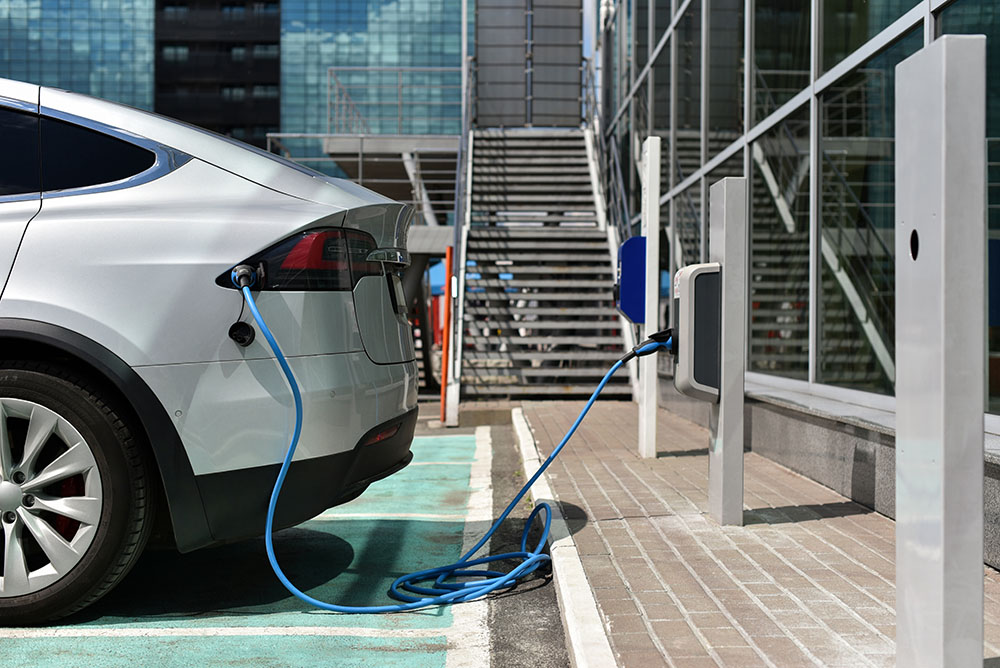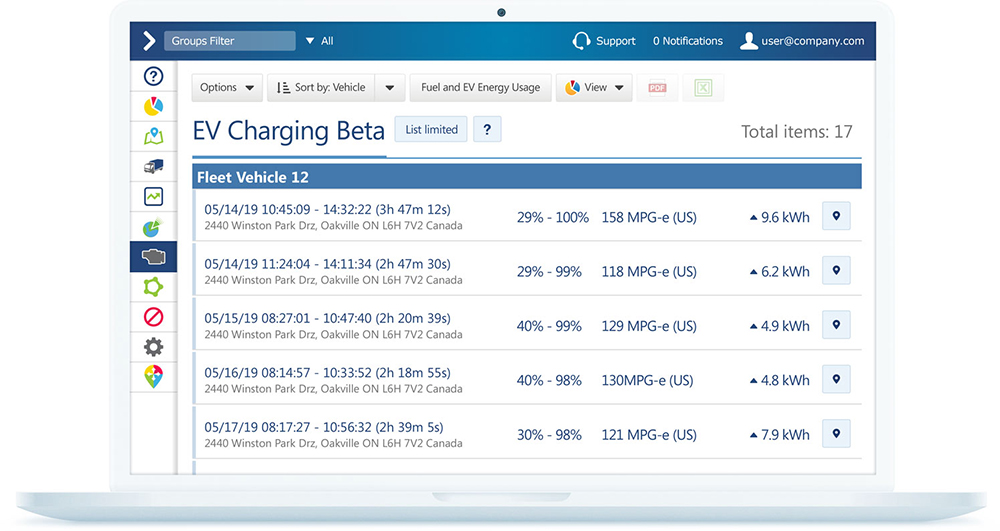[ad_1]
It’s anybody’s guess where the UK government stands on e-mobility and clean energy these days. Whatever one may think of Boris Johnson, he at least talked a green game, and his administration implemented some constructive pro-EV policies. His ill-fated successor put climate change deniers in charge of environmental policy, pushed a vast expansion of oil production, and even proposed banning ground-mounted solar panels.
At the moment, UK government policy calls for phasing out ICE vehicles by 2035. But 13 years is a long time, and some in the EV industry apparently fear that the actual implementation of this policy could end up being not quite the thing. An ICE ban may sound like a drastic move, but if it doesn’t include interim targets (as California’s Advanced Clean Cars II regulation does), then automakers could delay taking action for another decade, and infrastructure providers and other industry players might have little incentive to invest.
A group of industry stakeholders, including Ford, ChargePoint and battery manufacturer Britishvolt, recently sent an open letter to the UK’s Secretary of State for Transport and Secretary of State for Business, Energy and Industrial Strategy, asking them to resist pressure to water down the proposed ICE ban.
The letter reads, in part:
The decision to ban the sale of new petrol and diesel cars and vans from 2035 puts the UK on track to be one of a G7 country to transition to electric vehicles. What matters now are the policy levers and enablers to support manufacturers and customers in making that switch. An ambitious Zero-emission Vehicle (ZEV) mandate would guarantee a minimum proportion of electric vehicles on the road from 2024 and provide a clear signal and trajectory to infrastructure investors to accelerate the charge-point roll-out.
We understand that the design and ambition of mandate is still being discussed within government and a consultation response is due imminently. We urge the government to move quickly and bring forward legislation to ensure the mandate is operational from 2024, as originally intended.
The benefits of the UK Government’s leadership on this issue are already visible. High-profile investments to support the EV transition in the UK have created and safeguarded thousands of jobs, with the prospect of many more to come. The Government’s own assessment estimated that 40,000 extra jobs will be created by the EV transition. From research and vehicle design, to chargers and software; to energy services and the vital ongoing task of installing, supporting and maintaining the vehicles and networks: every corner of the UK has the opportunity to benefit from the transition.
In September, 17% of new cars sold were fully electric. With 11.6% and 6.6% for 2021 and 2020 respectively1, we see an impressive level of growth that puts the UK within sight of the 22% floor for 2024 set out in the ZEV mandate consultation2. Bringing forward this legislation will provide a clear and dependable signal to infrastructure providers on EV supply, de-risking chargepoint investment decisions.
This signal is crucial to help accelerate the weekly installation rate of new public charging infrastructure. Front-loading the chargepoint roll-out is essential to boost consumer confidence, especially where customers do not have access to home or work charging infrastructure. As manufacturers bring more EV models to market and sales continue to climb, any risk of oversupply of chargepoints becomes negligible.
Given the success of the UK government’s approach in driving take-up of electric vehicles thus far, we would encourage ministers to protect the current ZEV mandate trajectory by limiting the flexibilities allowed under a ZEV mandate, to avoid watering down the impact of the investment signal. Allowing manufacturers to “borrow” extensively against future deliveries of electric vehicles, thereby dampening delivery in the early years of the mandate, will weaken the targets and planned CO2 reductions and slow infrastructure roll-out due to the lower number of EVs being brought to market. Such an approach would forfeit the hard-won gains that the UK has made by moving further and faster than the EU on this issue.
Source: Britishvolt
[ad_2]
Source link




